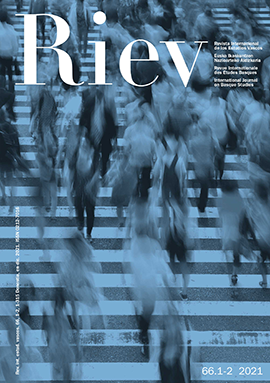Liberal enlightened modernity, with undeniable social success, placed the strict scope of ethics in the autonomy of free, independent, formally equal individuals who are responsible for their actions. Its contribution has led to important advances in the personal and political sphere but ignores basic features of the human condition, such as its constitutive dependence and lability, which advocate highlighting the primary relevance, in ethical life, of receptivity and its corresponding
responsiveness. This article analyses and contrasts both approaches and concludes with a proposal of their tensional articulation.


